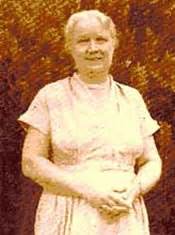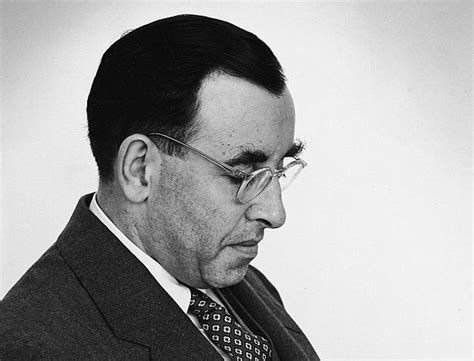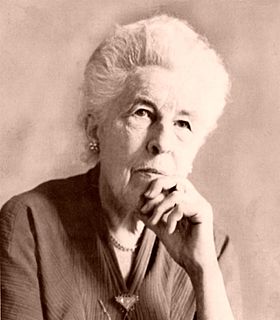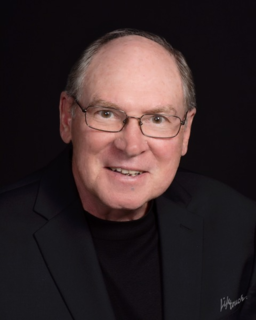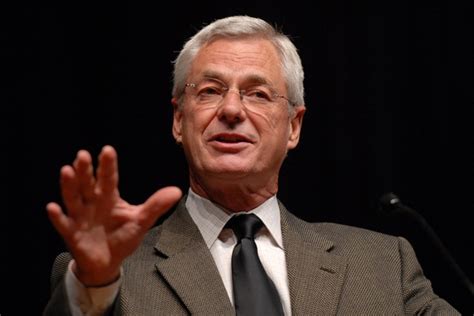A Quote by Jean de la Bruyere
The most amiable people are those who least wound the self-love of others.
Related Quotes
The motives of the best actions will not bear too strict an inquiry. It is allowed that the cause of most actions, good or bad, may be resolved into the love of ourselves; but the self-love of some men inclines them to please others, and the self-love of others is wholly employed in pleasing themselves. This makes the great distinction between virtue and vice.
Let others mock at you, oppose you, when you are under the influence of any passion; do not be in the least offended with those who mock at or oppose you, for they do you good; crucify your self-love and acknowledge the wrong, the error of your heart. But have the deepest pity for those who mock at words and works of faith and piety, of righteousness; for those who oppose the good which you are doing... God preserve you - getting exasperated at them.
Most people have a hard time confronting their weaknesses in a really straightforward, evidence-based way. They also have problems speaking frankly to others. Some people love knowing about their weaknesses and mistakes and those of others because it helps them be so much better, while others can't stand it.
You know how some people seem to think that their love for classical music makes them spiritual or at least something quite special? And others who think you are a monster if you don't 'love children,' however obnoxious the children may be? Well, I found out that many people who love flowers look down on those who don't.
A wound in the soul, coming from the rending of the spiritual body, strange as it may seem, gradually closes like a physical wound. And once a deep wound heals over and the edges seem to have knit, a wound in the soul, like a physical wound, can be healed only by the force of life pushing up from inside. This was the way Natasha's wound healed. She thought her life was over. But suddenly her love for her mother showed her that the essence of life - love - was still alive in her. Love awoke, and life awoke.
The face of love is variable. I am able to love without demanding that my relationships assume the structures and forms I might choose for them. My love is fluid, flexible, committed, creative. My love allows people and events to unfold as they need. My love is not controlling. It does not dictate or demand. My love allows those I love the freedom to assume the forms most true to them. I release all those I love from my preconceptions of their path. I allow them the dignity of self-definition while I offer them a constant love that is every variable in shape.
Marriage is a call to die [to self]... Christian marriage vows are the inception of a lifelong practice of death, of giving over not only all you have, but all you are. Is this a grim gallows call? Not at all! It is no more grim than dying to self and following Christ. In fact, those who lovingly die for their [spouses] are those who know the most joy, have the most fulfilling marriages, and experience the most love.




